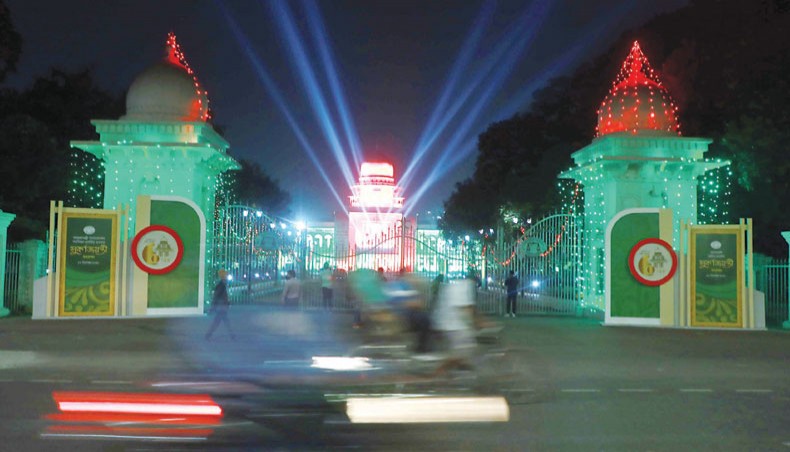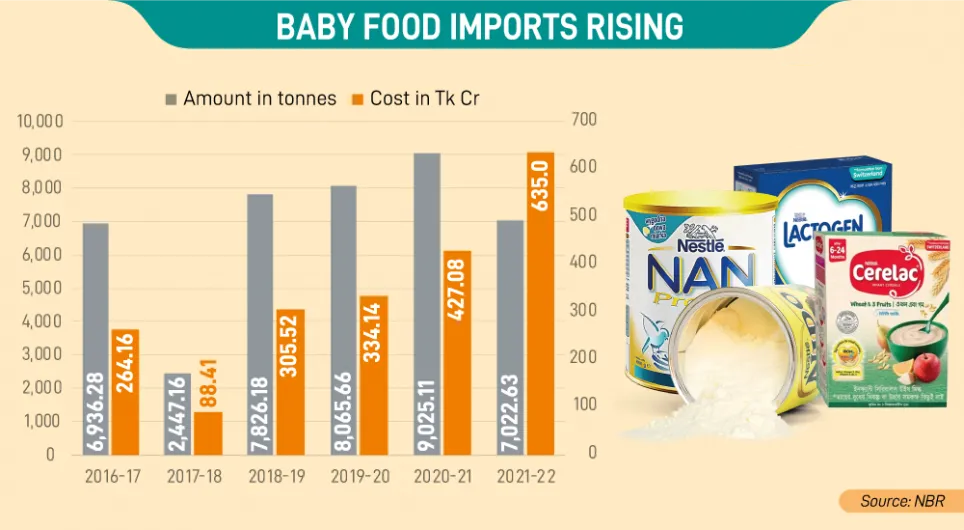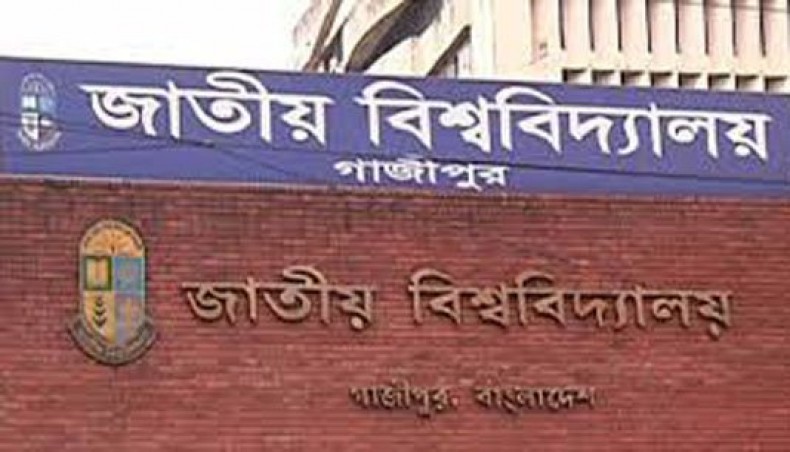Bangladesh is still far from curbing discrimination in economic and other sociocultural areas, said politicians and economists alike.
They told FP that the desire for an independent Bangladesh mainly developed in the minds of the people prior to 1971 due to discrimination, but independent Bangladesh failed to fulfil that aspiration of the population.
‘It was not a dream of making another “Pakistan” before the Liberation War. But we have seen that independent Bangladesh has continued to follow the same model [as Pakistan] where a small group of people have become extremely wealthy, a group of some 10 per cent people, while the rest of the population remains victims of disparities,’ said economist Anu Muhammad.
He said that Bangladesh had failed to ensure justice, equality and democratic leadership even 51 years after the nation’s victory against Pakistan in 1971.
‘We have witnessed a pattern of development over the past five decades which has ensured benefits for the rich and also created a huge gap between the rural and the urban areas’ Anu Muhammad said.
According to former World Bank Dhaka office economist Zahid Hussain, Bangladesh has positively achieved overall development or economic development in the past five decades, but inequality, too, has also increased.
‘Since many slowdowns have occurred in the past decade, inequalities between the rich and the poor have widened more in the period than earlier,’ he added.
In September 2021, the United Nations Conference on Trade and Development in its report released in Geneva said that the Bangladesh economy grew steadily amid worsening inequality.
A report by Wealth-X, a US-based research organisation, noted that the number of ultra-wealthy people in Bangladesh increased faster than in any other country around the world between 2010 and 2019.
Bangladesh was ranked first among the top 10 fastest-growing wealth markets around the world during the period, according to the report released in May 2020.
The size of the wealthy population in Bangladesh owning $5 million or above in net worth increased by, on average, 14.3 per cent each year, said the Wealth-X report titled A Decade of Wealth.
Main opposition Bangladesh Nationalist Party standing committee member Khandaker Mosharraf Hossain said that the country had moved far away from the spirit of
Liberation War as the ruling Awami League now strengthened its authoritarian rule.
Ousting the Awami League from power, he said, is a must for ensuring reducing discrimination in every sector, including the economy.
On the contrary, AL presidium member Shajahan Khan said that Bangladesh was yet to reach its target of non-discrimination as ‘anti-Bangladesh forces’ had unfortunately came to power several times.
His party, he said, is now working to make people happy by freeing them from poverty as the poverty rate, he claimed, was declining in Bangladesh.
‘Bangladesh would reach its target smoothly if the Awami League as well the pro-liberation forces can continue in power,’ he observed.
Jatiya Samajtantrik Dal president Hasanul Haque Inu said that increasing discrimination was very much frustrating for them as politicians and freedom fighters.
‘Overall, Bangladesh has made progress in the past 51 years in many areas, including in poverty reduction, but discrimination has increased,’ he said.
He said that Bangladesh should focus on socialism, one of the four principles of the country’s constitution.
The three other principles are nationalism, democracy and secularism.
According to the Global Financial Integrity report released in January 2019, the illicit capital outflow from Bangladesh continued unabated as $5.9 billion, equivalent to Tk 50,000 crore, was siphoned out of the country in 2015 while the total amount illegally transferred from the country between 2006 and 2016 amounted to $81.74 billion.
The GFI estimated that the illicit financial outflow or money laundering from Bangladesh ranged from $2.7billion to $5.9 billion in 2015 and the amount was drained out through over-invoicing in imports and under-invoicing in exports.














